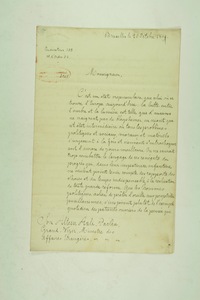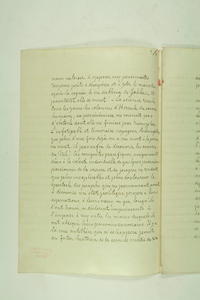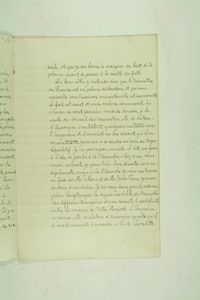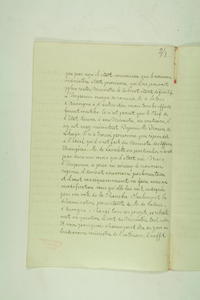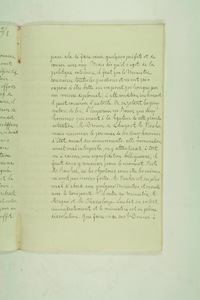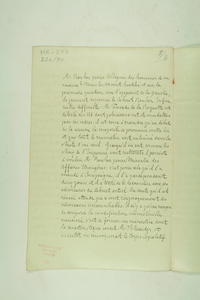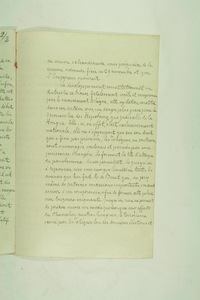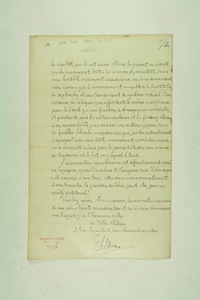Ottoman Diplomats
Letters from the Imperial Legation in Brussels (1849–1914)
Synopsis
Glavany remarks that Europe was in a twilight state. Europe had to go through this phase in order to make progress and carry through reforms. Glavany referred to signs of optimism, which he saw in ‘pacific conquests’, carried out by passionate science and progress pioneers, like Dr. Livingstone. About France, he heard that a new combination of ministers was sought. He seemed to be well informed about a conversation between the Emperor Napoleon III and Mr. Latour-d’Auvergne. To the Emperor’s regret, Latour-d’Auvergne refused to be Minister for Foreign Affairs. Glavany noted that Napoleon III took the new regime and his role of ‘parliamentary sovereign’ seriously: he did not want to change anything without the consent of the House of Representatives. Glavany explains why Latour-d’Auvergne’s refusal questioned the fate of the entire government: it was more difficult to find an appropriate candidate for Foreign Affairs than for Internal Affairs. He then evaluates the two other possible candidates: Drouin de Lhuys and Rouher, the latter being the Emperor’s favourite alternative. In Austria, the constitutional development seemed to be compromised by the Czech movement, which formed a greater danger to the Habsburg Monarchy than Hungary had been, because the Czechs were pushed by a foreign power: pan-Slavism. Moreover, they rejected all compromises, suggested by Beust. In his report, Glavany clearly shows his strong disapproval of the Czechs’ hostility, and their wish to overthrow the system. The sympathy for this movement, not only coming from socialists, but also from liberal papers, worries Glavany. He ends with a positive note, however: in Spain, the republican rebellion had been stopped entirely.
Facsimiles
How to cite
If you use this website for your own research, we kindly ask you to mention the following reference in your publications:
Consulted online at Ottoman Diplomats: Letters From the Imperial Legation in Brussels (1849–1914) (2014 Edition), Centre for Political History (PoHis), University of Antwerp, <http://dighum.uantwerpen.be/ottomandiplomats/>.
